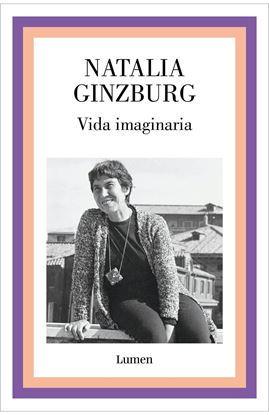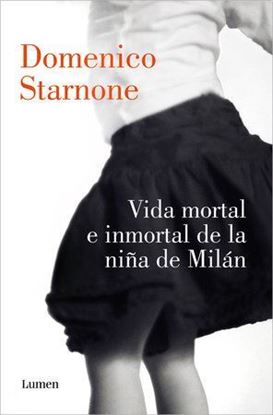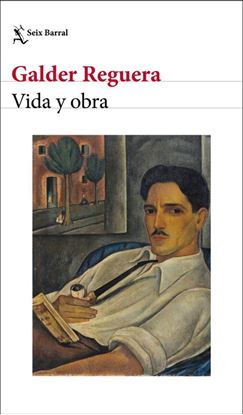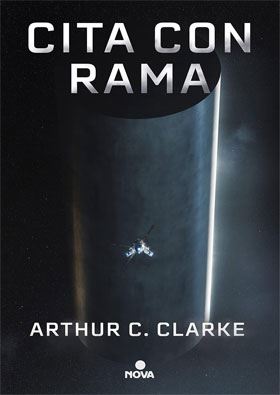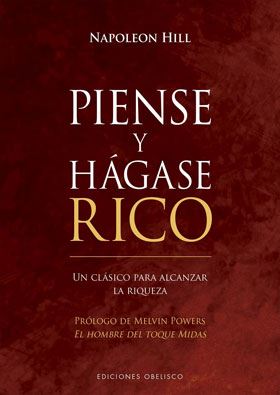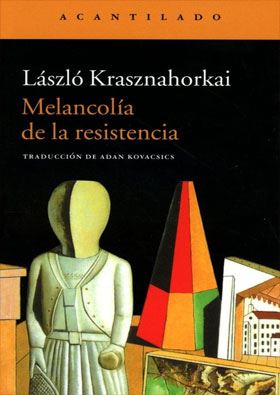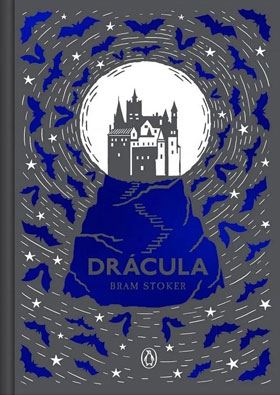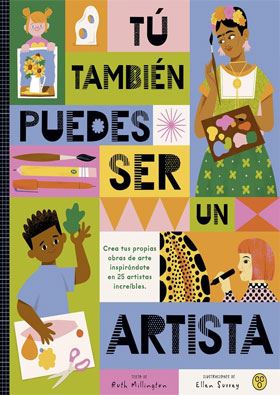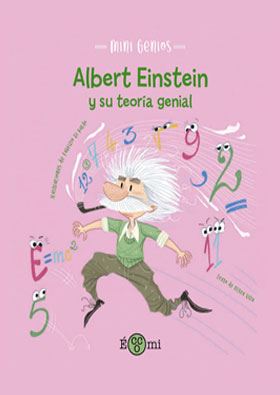

VIDA CONTADA POR UN SAPIENS (LI) (BOL)
El ingenio de Millás y la sabiduría de Arsuaga unidos para contar la vida como la mejor de las historias
UNO DE LOS MEJORES LIBROS DE 2021 SEGÚN EL HUFFPOST
Y LIBRO DEL VERANO SEGÚN TRENDENCIAS
"Una maravilla. Un libro lleno de humor y de bondad. Sí, bondad. Un libro que busca entender el misterio de la vida."
Manuel Vilas
"-Tú y yo podríamos asociarnos para hablar de la vida; levantaríamos un gran relato sobre la existencia. ¿Lo hacemos? -dijo el escritor.
-Lo hacemos -contestó el paleontólogo."
Hace años que el interes por entender la vida, sus orígenes y su evolución resuena en la cabeza de Juan Jose Millás, de manera que se dispuso a conocer, junto a uno de los mayores especialistas de este país en la materia, Juan Luis Arsuaga, por que somos como somos y que nos ha llevado hasta donde estamos. La sabiduría del paleontólogo se combina en este libro con el ingenio y la mirada personal y sorprendente que tiene el escritor sobre la realidad. Porque Millás es un neandertal (o eso dice), y Arsuaga, a sus ojos, un sapiens.
850
VIDA DE ESTE CHICO (60 ANIV.)
En Vida de este chico, Tobias Wolff narra sus recuerdos de niño y adolescente, cuando, divorciados sus padres, recorría con su madre con la que formaba una auténtica «pareja telepática» las carreteras de Estados Unidos de un lado a otro del país.
Toby o Jack, como le gusta llamarse a sí mismo en homenaje a su adorado Jack London absorberá entre mapas, whisky, peleas a puñetazos, amistades y traiciones, la esencia de esa América de los años cincuenta que marcará irremediablemente su juventud. Una juventud con toques minimalistas y dickensianos a un tiempo y que sirve aquí a su autor para trazar con humor y ternura el retrato de un tiempo pasado en el espejo de su propia imagen.
1,250
VIDA IMAGINARIA
Todo lo que Natalia Ginzburg evoca y describe sucede en nosotros como por primera vez, pero perdura para siempre. En Vida imaginaria, quizá su obra menos conocida, pero al mismo tiempo la más versátil y combativa, publicada en 1974 e inédita en castellano, la autora aborda, entre otros asuntos, la condición de la mujer y el feminismo, la infancia y las incertidumbres de la edad adulta o la debilidad de nuestras democracias. También retrata a algunos escritores muy queridos por ella, como Italo Calvino, Elsa Morante o Cesare Pavese, y nos habla de películas y de directores (Fellini, Bergman) cuyo arte supo reconocer desde el principio. Con discreta contundencia y una voz única, Ginzburg participa, a través de cada uno de estos textos, en la vida de hoy, de un hoy que data de hace medio siglo, pero que el lector no dejará de trasladar al aquí y al ahora, y a los dilemas estéticos, morales y políticos a los que nos seguimos enfrentando.
1,200
VIDA MORTAL E INMORTAL DE LA NIÑA (OF2)
Un niño napolitano que mira por la ventana y fantasea con ser poeta, una niña de pelo de color azabache que baila en el balcón de enfrente y un amigo con el que batirse en duelo: así comienza la historia de tres personajes cuyos destinos quedan inextricablemente unidos para siempre. Los dos chicos, enamorados al instante de la Milanesa, como se refieren a la misteriosa muchacha, se embarcan en una batalla a muerte por su atención. Años más tarde, ya en la universidad y alejados del mundo de la infancia, los caminos de los dos compañeros se vuelven a cruzar. Nuestro narrador, aquel muchacho soñador, debe enfrentarse a su memoria y lanzarse en busca de la verdadera identidad de la Milanesa.
299
VIDA Y OBRA
Cuando Unai tenía diez años, su padre abandonó a la familia para trasladarse a Barcelona y convertirse en un escritor de éxito. Aquella ausencia ha marcado no solo su infancia, sino su manera de entender el amor. Tras recibir una llamada anunciando que su padre está hospitalizado, Unai se prepara por fin para un reencuentro que le ha obsesionado durante años.
Vida y obra es una novela sobre cómo entender la creación en el contexto de las relaciones familiares y cómo la idea romántica de que el autor debe tener un compromiso con la obra por encima de la vida a veces esconde un privilegio. Una fascinante historia sobre la literatura como algo que puede unir a las personas o separarlas para siempre.
1,450
VIENTO DEL NORTE
Recuperamos la novela ganadora del Premio Nadal 1950 que narra la vida de Marcela en un Pazo de la Galicia más rural «Quiroga fue una novelista sin lastres, con un enfoque insólito comparable a Flush de Virginia Woolf o Nada de Carmen Laforet». El Cultura Un mundo de sentimientos, en el que lo popular y la pasión son mecidos por la fuerza grácil del intenso viento, el otro protagonista de la novela. Premio Nadal en el año 1950 de la autora Elena Quiroga, primera novelista en ingresar en la RAE. De una narrativa rompedora, Viento del Norte aborda temas tan complejos como la incomunicación y la contradicción en el juego tortuoso del amor. A través de la vida de Marcela, una chica a la que la gente desprecia por ser fruto de una relación extramatrimonial, recorremos el mundo rural gallego con sus personajes aislados y víctimas de la sociedad de aquel momento. Asistimos a una una relación desigual pero no por la manida diferencia de clase sino precisamente -y éste es un acierto de Quiroga- por la falta de correspondencia de Marcela, que sitúa un veterano aristócrata en una posición de inferioridad. Además, nuevos acontecimientos darán un inesperado giro a la trama. Se trata, en suma, de una novela muy estimable en la que brilla la prosa lírica de la autora, hoy injustamente poco recordada.
1,450




